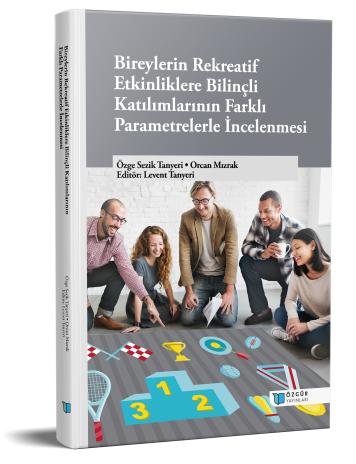
Examination of Individual’s Conscious Participation in Recreational Activities With Different Parameters
Synopsis
Objectives:The aim of this study is to examine the conscious participation of students in recreational activities with different parameters.
Materials and methods:520 questionnaires were distributed to 520 people within the scope of the research. 20 surveys are completely empty. The study was carried out through the remaining 500 surveys. The questionnaire was used as a data collection tool in the research. Questionnaires include 5 questions about socio-demographic information, 5 questions about recreational crops, 3 questions about habits and 15 questions about conscious awareness scale (bifö) in 5 likert form. Data analysis was performed in SPSS 16 package program. Descriptive statistics (frequency, percent, mean, standard deviation, minimum, maximum, irregularity, skewness), Independent Samples T test and ANOVA test were used in the analysis of data.
Results:In this study, conscious awareness levels did not differ according to gender, Department, mother and father education status and location. Conscious awareness levels of individuals who plan for recreational activities were higher. Conscious awareness levels of individuals who think recreational activities are beneficial to the individual were higher. Conscious awareness levels of individuals who think that recreational activities contribute to the success of the course were higher. Conscious awareness levels of individuals who think that recreational activities make the person happy, individuals who have a hobby habit, individuals who have bad habits, individuals who have information about recreational activities, individuals who have time planning have been found to be higher.
Conclusion:As a result of the research, it was found that the high awareness level had a positive effect on the participation in recreational activities.

